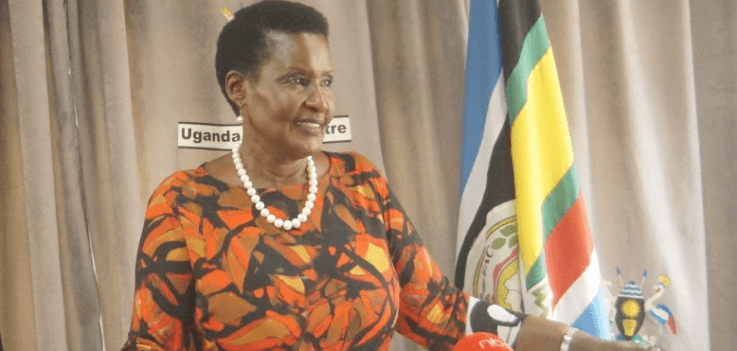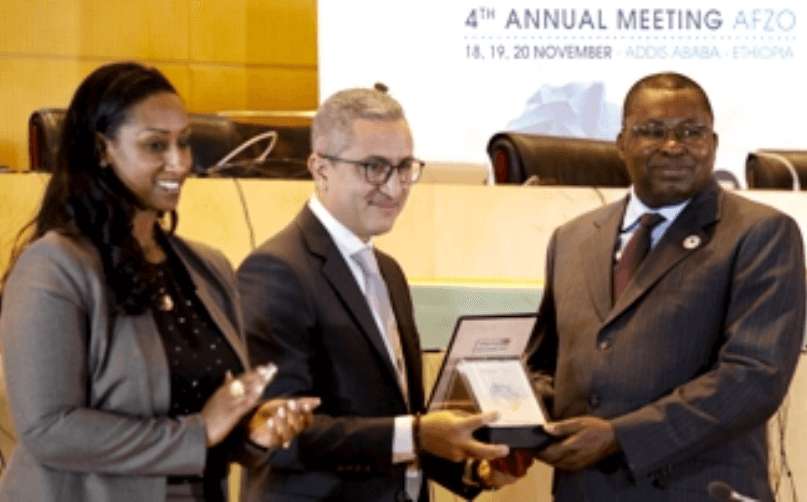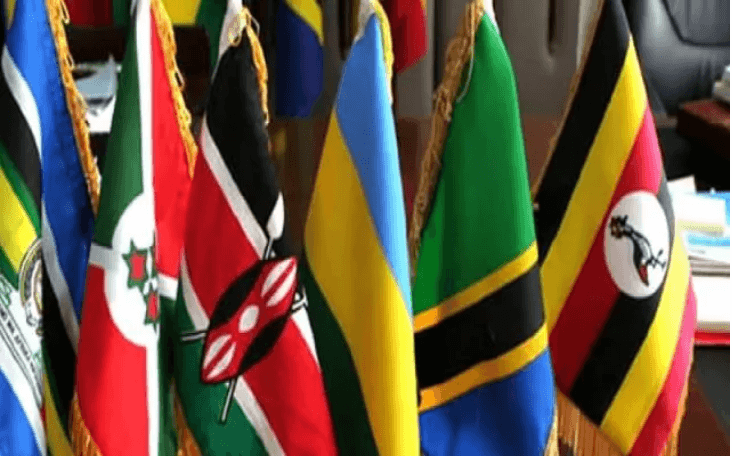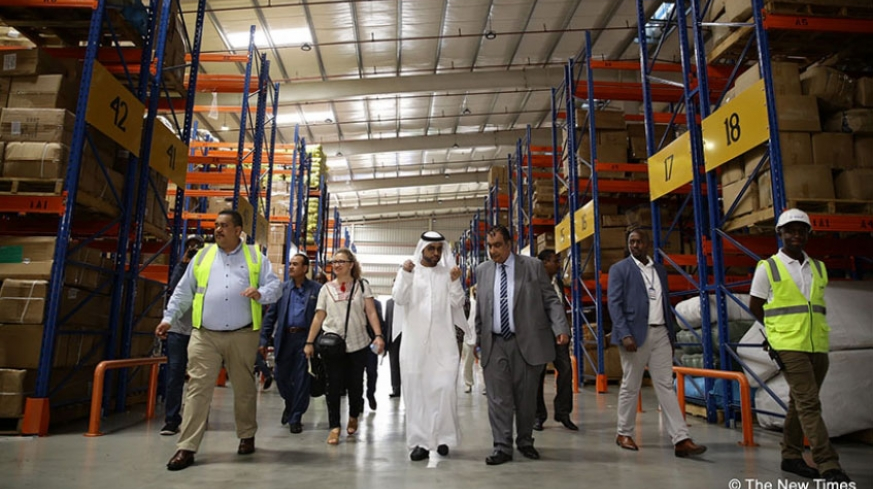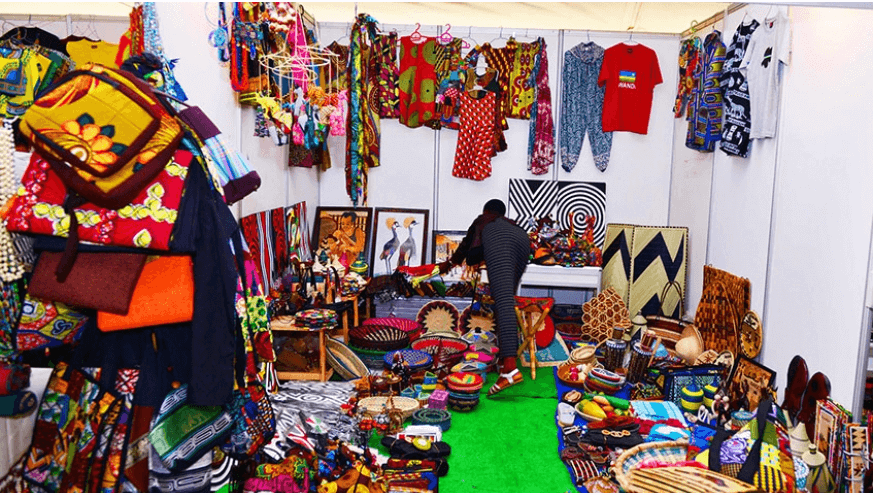The minister of Trade, industry and cooperatives Hon Amelia Kyambadde has said that trading of manufactured goods between Uganda and Rwanda has dropped significantly over the political squabbles between the two countries. Kyambadde while addressing journalists about Africa Industrialization Day in Kampala today, revealed that trade in manufactured goods between Ugandan and Rwanda over the past months had dropped from USD 300 million to USD 73 million. She attributed this mainly to the closure of the Katuna boarder, which remains closed since March. Rwanda has continued to show less interest in having the stand off resolved. Recently Rwanda pulled out of the second meeting of the peace talks between officials of the two countries in which the reopening of the border was supposed to be discussed. p>Today, Uganda joins the rest of Africa to commemorate Africa Industrialization day with the objective to raise awareness on opportunities and challenges faced by the continent in respect to Industrialization. This year’s theme is “positioning African industry to supply the African continental free Trade area (AFCFTA) market” which was launched on 7th July 2019 by African Heads of State in Niamey, Niger. AFCFTA provides a market of about USD 3 trillion and a consumer base of 1.3 billion people. With this, Kyambadde said Africa’s manufacturing sector is projected to double in size by 2025 and create millions of jobs. She said that government targets to exploit the abundant renewable energy sources to increase power generation to 2500MW by 2020. “The commissioning of Isimba hydropower...
Uganda -Rwanda Trade Dropped from $300M to $73M – Kyambadde
Posted on: November 25, 2019
Posted on: November 25, 2019

